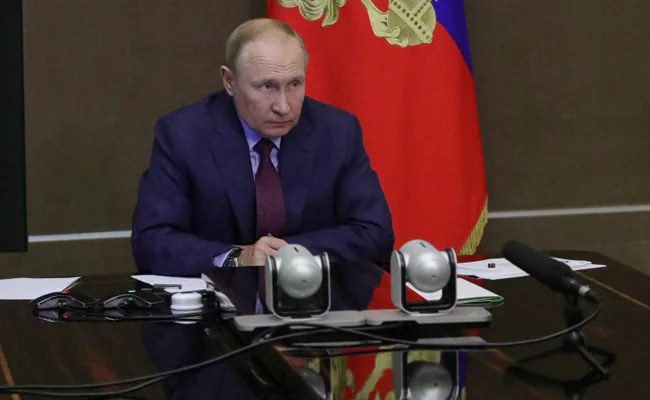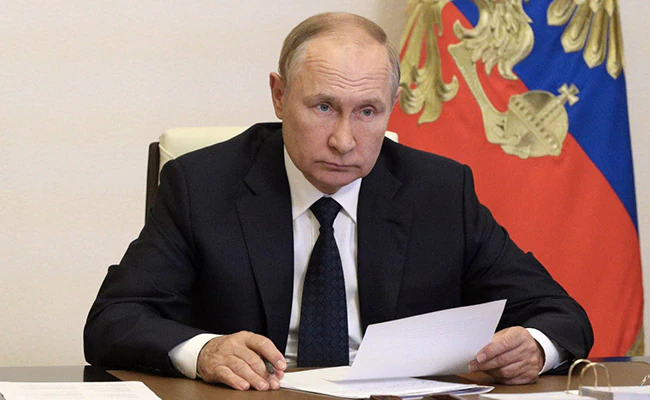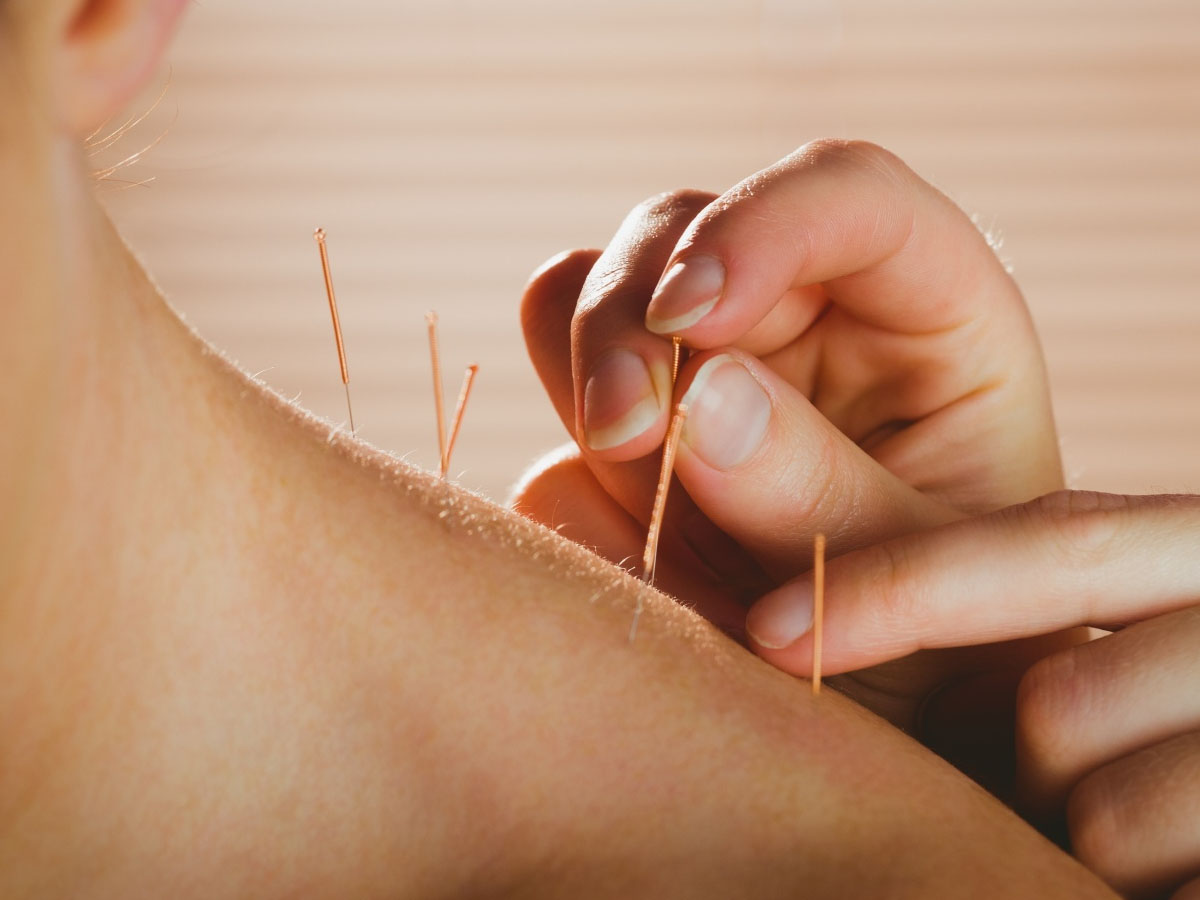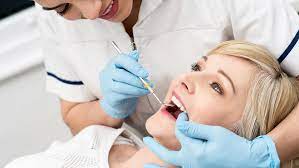The current President of Russia is Vladimir Putin, who assumed office on 7 May 2012. His predecessor was Boris Yeltsin, who died on 25 January 2007.
– Born on 7 October 1952 in Leningrad (now Saint Petersburg).
– Son of Maria Ivanova and Spiridon Putin.
– Spouse: Lyudmila Shtylova; children: Anastasia and Katya.
– Grandson of Vladimir Spiridonovich Putin (1905–1984).
| billion euro | |
| Euro | |
| Date of birth | October 07, 1952 (69 years old) |
| Born in | Leningrad, Soviet Union |
| nationality | Russia |
| Marital status | divorced from Lyudmila Alexandrovna Putina (since 2014) |
| profession | Politician |
| Full name | Vladimir Vladimirovich Putin |
| children | 2 (Mariya Putina, Yekaterina Putina) |
Vladimir Putin Net worth?
Among the world’s most influential people, Vladimir Putin is President of Russia. Putin is the richest Russian and one of the richest men in Europe. In contrast to Angela Merkel or Donald Trump, he does not earn a high salary as a politician. His finger is in some of the largest oil companies, so he steals substantial amounts from his foreign accounts. No shareholder register lists his name, of course. This is also not an official statement. There are 36 billion euros estimated to be in Vladimir Putin’s fortune.
The relationship between Putin and political and business figures is very strong. Six of Russia’s top ten companies are controlled by Putin’s ten most influential friends, according to Forbes magazine. In addition to this, a large number of television stations and newspapers are managed by the Russian local media group.
Putin’s shares in oil companies:
- Gazprom – 4.5%
- Surgutneftegaz – 37%
What is the real wealth of Putin?
Bloomberg reported in early 2015 that hedge fund manager Bill Browder believes Putin to be the world’s wealthiest man. According to him, Putin’s fortune may actually be even higher than previously thought, estimated at $200 billion. The Russian President would be the world’s richest man if this claim is true, having more than twice the wealth of Jeff Bezos , Bill Gates , Carlos Slim Helu , Warren Buffett , and Company. Stanislaw Belkowski, a BBC informant and political scientist, estimated the fortune at 36 billion euros at the beginning of 2016. We do not trust this claim yet and continue to assume an estimated fortune of 36 billion euros.
The career of Vladimir Putin
His parents worked as factory workers in Leningrad (St. Petersburg) during his childhood. From 1975 to 1976, he worked for the KGB as an officer after graduating from school and completing his law degree at the University of Leningrad. As a result of his rapid career, he gained German language skills in the GDR (Dresden) between 1985 and 1990. The next five years he worked as an international affairs assistant at Leningrad University, which was then part of the USSR.
Antoly Sobchak, Vladimir Putin’s former professor and Liningrad city parliamentary chief, became an adviser to him in the same year.
In the next few months, the political career would take its course. As Sobchak’s direct representative, Putin served as the first deputy mayor in 1994. Putin resigned his posts after Shobchak was defeated in 1995, and later supported Yeltsin’s presidential campaign. Putin rose politically under Yeltsin due to his steadily increasing positions in the Kremlin. Due to the large number of copies in Putin’s doctoral thesis, he received the very controversial degree in economics in 1997. Despite these allegations of plagiarism, no proof could ever be provided.
The name of Vladimir Putin as Boris Yeltsin’s prime minister was announced on August 9, 1999. In December 1999, Yeltsin unexpectedly resigned due to suspicions of large-scale money laundering. Putin was elected to take over the position until a successor was elected. First among his official acts was to grant Boris Yeltsin impunity for the crimes he committed, then to clean up the Kremlin and fire some corrupt officials and replace them.
The old and new Russian President
Vladimir Putin won the 2000 presidential elections with an absolute majority of 52.9% after Boris Yeltsin resigned. Russian citizens held Putin in high esteem because of his harsh actions against Chechnya. As a result of the 2004 elections, Putin was re-elected with a majority of 71% and began his second term as president. A Russian president is only allowed to serve two terms of four years each, following which a new president must take over.
Putin’s friend and close confidant Dmitry Medvedev became Russian President in 2008 and Putin returned to office as Prime Minister. It was Medvedev who served as Russia’s legal front man for four years, while Putin remained in the background, pulling the strings. Putin was therefore clearly going to run for president again after four years (2012). Nevertheless, the “new” future president was granted a six-year term in 2010.
On March 4, 2012, Putin easily won his third presidential election, making him the president of Russia for the third time in his career. His fourth term was inaugurated on May 7, 2018 after winning the next presidential election on March 18, 2018. Election manipulation allegations were brought to light, but they were quickly dispelled. Anyhow, the president would have continued to govern in the background until 2024 and then found another constitutional loophole to do so. A constitutional amendment was adopted in March 2020, which annulled the previous president’s term in office. With the approval of 78% of the people in June 2020, Putin will be allowed to serve another two terms as president. After 2036, he will be 83 years old and can stay at the Kremlin until then.
Early life
Putin was born on 7 October 1972 in Leningrad, USSR (now Saint Petersburg, Russian Federation). His parents are Vladimir Spiridonovich Putin and Maria Ivanovna Putin. They met while working together as KGB agents. His mother worked as a clerk in a textile factory. His father was a lieutenant colonel in the Soviet Army. After graduation from high school, Putin studied law at the Saint Petersburg State University. In 1991, he graduated with honors. From 1992 to 1994, he attended the FSB Academy, where he specialized in intelligence work.
In 1995, Putin married Lyudmila Shkrebneva, whom he had known since childhood. She is now the First Lady of Russia. Together, they have four daughters and a son.
Education
Putin studied law at the Lengrad State University named after Andrey Zhdanov (now Saint Peterburg State University) in 1970. He graduated in 1975. In his thesis he wrote about the.
In 1990 he worked as an attorney at the Ministry of Justice. From 1991 to 1994 he held the position of deputy director of the Federal Tax Service. From 1994 to 1998 he headed the FSB department responsible for security issues. In 1995 he was appointed head of the presidential administration. In 1999 he was elected president of the Russian Federation.
1996–1999: Early Moscow career
In June 1996, Vladimir Putin became head of the Saint Petersburg branch of the FSB. As a member of the FSB, Putin was involved in investigations into corruption within the city government. Putin was arrested twice during this period; once in October 1996 and again in April 1999. Both times, charges against him were dropped.
On 4 December 1996, Putin was elected mayor of Saint Petersburg. This victory surprised many observers because Putin had been considered too young and inexperienced for such a high office. However, it was widely believed that Putin used his connections with the KGB to gain support among voters. During his tenure as mayor, Putin worked closely with Anatoly Chubais and Yegor Gaidar, and he supported privatization and liberalization policies.
After serving one term as mayor, Putin ran for governor of Saint Petersburg in 2000. Although he won the election, the vote count was marred by widespread fraud. After the second round of voting, Putin refused to concede defeat and demanded a recount. When this proved unsuccessful, he announced that he would run for president in 2004.
Putin was reelected as Governor of Saint Petersburg in 2003. In 2005, he was elected chairman of Saint Petersburg City Council. In 2006, he was elected Mayor of Saint Petersburg, defeating incumbent Alexander Turchynov. Putin was reelected in 2010.
During his tenure as mayor, he was known for his strong leadership style and his ability to control the media. He gained popularity for his tough stance on crime and his opposition to gay marriage.
Ukraine tensions
Mr Putin has been accused of waging war against his neighbour, but he denies it. At least one million people have fled fighting in eastern Ukraine over the past four months.
The Kremlin leader has long claimed that the West wants to bring about regime change in Russia. In recent weeks, he has warned that the situation could escalate into World War Three. He says Nato countries want to encircle Russia and undermine its economy.
He has blamed US President Donald Trump for the deterioration in relations with Washington. But Mr Trump has pointed out that the conflict began under Mr Obama.
In April 2014, pro-Russian separatists took control of parts of Donetsk and Luhansk regions in what became known as the Donbas region.
A ceasefire signed in Minsk, Belarus, in February 2015 failed to stop the violence. More than 13,500 people have died and hundreds of thousands have been displaced.
At least one million people have left their homes because of the fighting.
The United Nations estimates that nearly 2.5 million civilians remain trapped in the conflict zone.
Russia’s backing for eastern Ukraine separatists
Mr Putin admitted that Russian volunteers had been sent to fight alongside Ukrainian forces against separatist insurgents in east Ukraine since April 2014.
He insisted that the Kremlin did not send regular soldiers – but denied it had supplied heavy weapons or troops to the rebels.
The admission came as the US imposed further economic penalties on Russia in response to its annexation of Crimea.
In a statement carried by state news agency Tass, Mr Putin said: “We don’t deploy our regular army to Donbass… We have no combat units among them.”
But he added: “There are volunteer battalions of different nationalities, including Russians.”
The Kremlin leader said the volunteers were motivated by patriotism rather than money.
Mr Putin claimed that the main reason why the rebels were fighting was because they wanted to destabilise Ukraine.









Leave a Reply